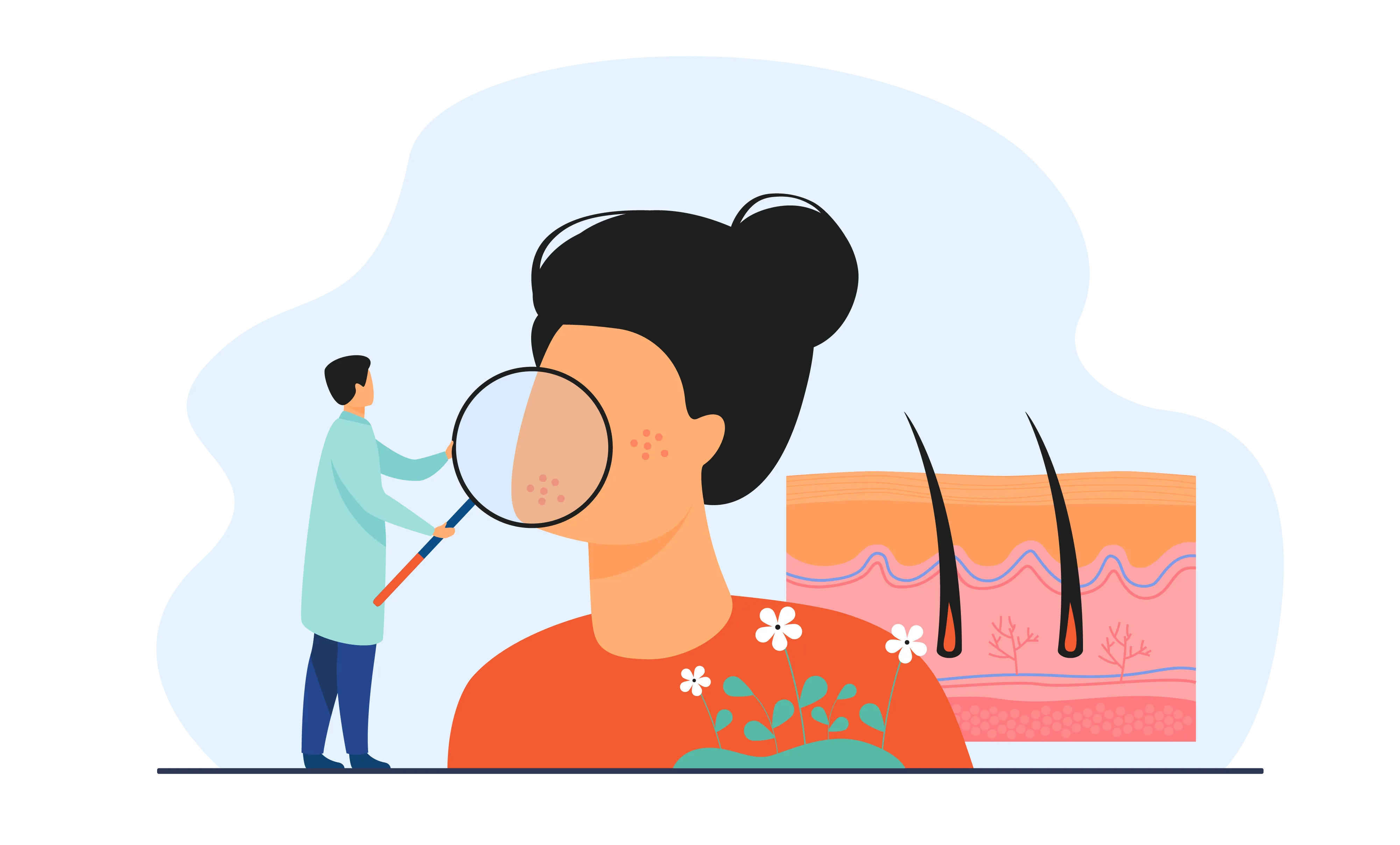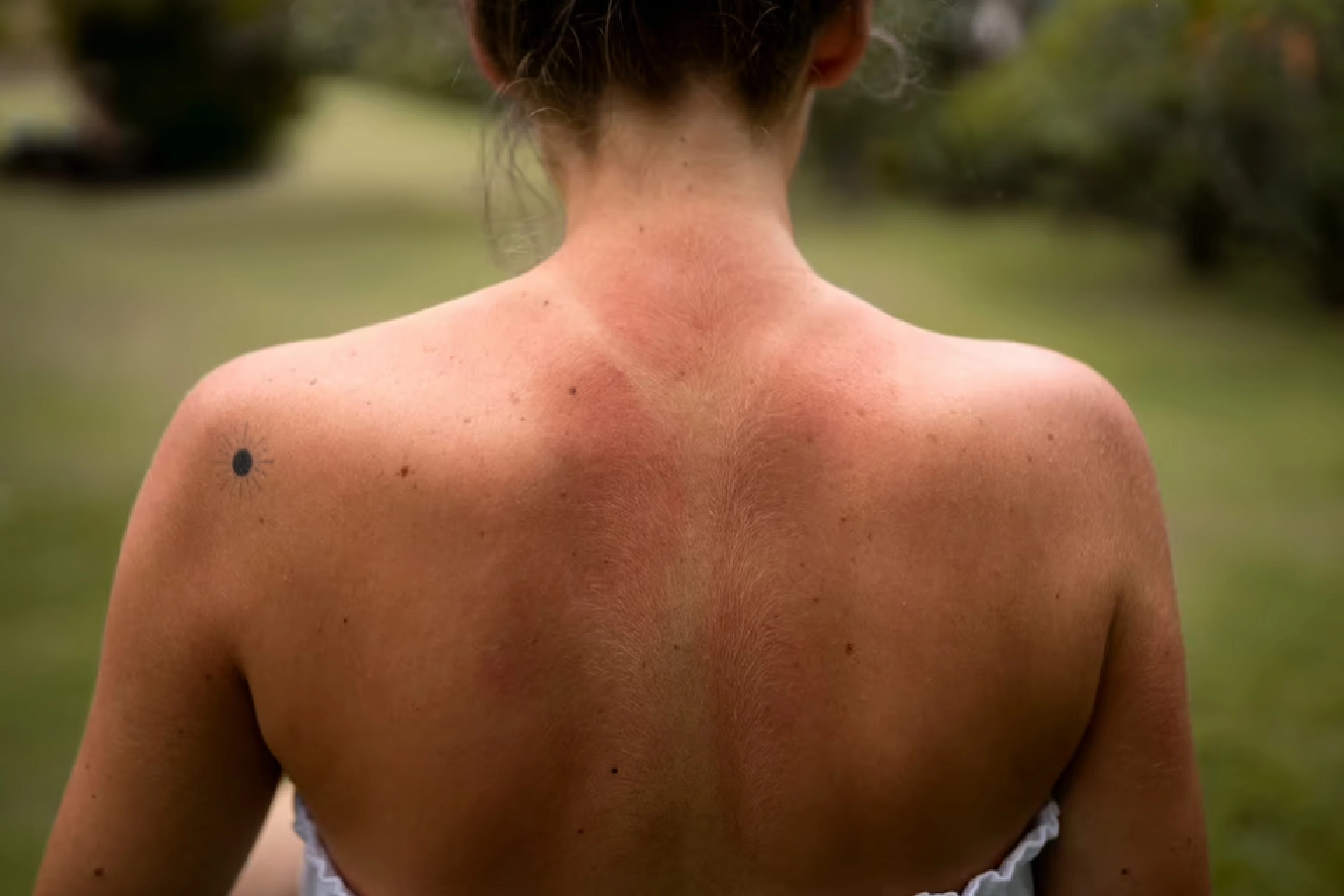Prosthodontics | 6 min read
Fungal Infection Treatment At Home and Prevention Tips
Medically reviewed by
Table of Content
Key Takeaways
- There are millions of fungus species but only a few affect human skin
- Fungal skin infections are common to places that do not get much air
- Sweating, humidity and poor hygiene are causes of fungal infections
Fungi are present everywhere in the environment. They can live in the air, soil, or even on your skin. There are millions of fungus species, but only a few of them cause infections. [1] Fungal skin infections happen when these microorganisms grow abnormally on your skin or penetrate your skin through cuts or wounds. Some fungal infections can spread if you come in direct contact. Fungal skin infections mostly affect the areas of your skin that don’t get enough airflow.
You may feel irritation, redness, itching, or swelling on your skin if you come in contact with these infectious agents. Some common fungal skin infections include athlete’s foot, jock itch, ringworms, and yeast infections. Modern medicine has come a long way, but many strains of infection have now become resistant to medication. As such, it helps to be aware of the causes, effective prevention tips, and ways to deal with an infection at home.

Take a look at the causes of fungal skin infections and a few natural fungus treatment solutions.
Causes Of Fungal Skin Infections
The causes range from environmental factors to unhealthy habits and improper body function. Here is a list to shed light on a few.
- Wet environment, humidity, or hot climate
- Excessive sweating
- Weak immunity because of HIV, cancer, diabetes, or stress
- Lack of personal hygiene, not keeping skin dry and clean
- Wearing overly tight clothing
- Wearing dirty clothes or sharing towels, bedding, or shoes
- Skin-to-skin contact with infected animals
- Hormonal changes in the body
Home Remedies For Fungal Infection
Clean using Soap and Water
Before using any home remedies or other medications, clean the afflicted thoroughly with soap and water twice daily. This will prevent infection from spreading. While soap and water might not be able to remove a fungal infection completely, they can assist in reducing the spread and intensity of the condition.
Oil of Oregano
Oregano oil is another effective antifungal agent. Dab a few drops on the afflicted region after mixing with carrier oil. Oregano oil capsules can also be used orally. To obtain the desired outcomes, use these medicines on a daily basis. Before utilizing essential oils, be sure you don't have any sensitivities to them.
Consuming vitamin C-rich foods
Our immune system is boosted by vitamin C (ascorbic acid). It defends our bodies against numerous illnesses. A strong immune system also aids in the treatment of fungal diseases.
Baking Powder
Baking soda can help with fungal infections like Athlete's foot. Baking soda powder is applied to your feet, and the lining of your shoes absorbs moisture and perspiration. As a result, the infection is prevented from spreading.
Hydrogen Peroxide
Hydrogen Peroxide aids in the treatment of Athlete's Foot. Soaking our feet in a solution of equal parts water and hydrogen peroxide eliminates the fungus that causes athletes' feet.
Honey
Honey is also among the simplest home treatments for fungal infections since it includes hydrogen peroxide, which is particularly powerful at killing fungi and bacteria that cause skin diseases. The best approach is to apply raw honey to the afflicted area since it has therapeutic qualities.
Tea tree oil
Tea tree oil is rich in antibacterial and antifungal properties, making it a potent natural antifungal for the skin. Mix it with coconut or olive oil and apply it to the infected skin area 3 to 4 times a day.
Turmeric
Turmeric, mainly used in food, can also be used to treat fungal skin infections. This is because it has powerful antimicrobial and anti-inflammatory properties. Mix it with water or carrier oils and then apply over the infected area.
Garlic
Garlic is an antifungal and antimicrobial herb that has many health benefits. [2] To treat a fungal infection, crush a few garlic cloves and paste them with olive oil. Then, apply to the infected area and leave for about 30 minutes. Eating garlic daily can also negate the need for constant skin fungal infection treatment, reducing the occurrence.
Ginger
Studies have found that ginger’s antifungal properties are effective against fungal infections like candida. [3] Add ginger to your diet or drink ginger tea to prevent or treat fungal infections.
Neem
Neem leaves are another natural antifungal for the skin. Boil neem leaves in water for a couple of minutes and uses the water to wash the fungal-infected area. You can also take a hot water bath with neem leaves boiled in it. Neem has been extensively used in Ayurveda, Unani, and Homoeopathy due to its medicinal properties. [4]

Baking soda
Baking soda is a prevalent ingredient, and it has antifungal properties too. It is known to help with the Athlete’s foot. All you have to do is put some baking soda on your feet to keep the infection from spreading through sweat and moisture.
Yogurt
Probiotics like yogurt have an abundance of good bacteria that keep fungal infections at bay. Fermented foods also work to the same effect and can help. If neither of the options works for you, see a doctor about this treatment route.
Aloe vera
Aloe vera is used in skin care products because of its skin health benefits. It is a natural antifungal for skin that you can apply to the area of infection. It soothes and repairs damage along with curing the skin infection.
Apple cider vinegar
Apple cider vinegar is also known to have antifungal properties. Use a cotton ball to dip in it and dab over the infected area. Doing this three times a day should give you the results. Alternatively, you can add two tablespoons of apple cider vinegar to warm water and drink it.
Coconut oil
Coconut oil, when unheated, can be applied to skin infections. It is safe for your skin and has potent antifungal properties. You can also apply it to treat ringworms on the scalp. Use coconut oil three times a day to reduce such infections.
Additional Read: Baby Skincare Tips During Monsoon
Prevention Tips To Treat Fungal Infection
- Wear fresh clothes, as fungal spores can remain on fabric for a long period of time, especially if it is unwashed
- To clean your clothes, avoid using strong detergents
- Wearing tight garments can decrease circulation to your skin and stimulate local perspiration, raising your chances of fungal infection. Choose breathable cotton clothing
- Scratching the afflicted region might exacerbate the illness and increase the likelihood of it spreading
- As previously said, washing the afflicted region at least twice a day helps limit and manage the severity of the fungal development
- Keep the infected region as dry as possible; the less moisture there is, the less likely the fungus will develop
Try any natural fungus treatment to deal with a skin infection quickly and effectively. However, if fungal skin infections persist, consult your doctor. Infections like black fungus on the skin and a few others can prove troublesome without proper medical care. To find the best doctor in your area, book an appointment online, get care on time, use Bajaj Finserv Health.
References
- https://www.cdc.gov/fungal/features/fungal-infections.html
- https://www.ncbi.nlm.nih.gov/pmc/articles/PMC7402177/#:~:text=Garlic%20and%20its%20secondary%20metabolites,lowering%20properties%2C%20as%20demonstrated%20i
- https://www.ncbi.nlm.nih.gov/pmc/articles/PMC4842230/
- https://pubmed.ncbi.nlm.nih.gov/15777222/
Disclaimer
Please note that this article is solely meant for informational purposes and Bajaj Finserv Health Limited (“BFHL”) does not shoulder any responsibility of the views/advice/information expressed/given by the writer/reviewer/originator. This article should not be considered as a substitute for any medical advice, diagnosis or treatment. Always consult with your trusted physician/qualified healthcare professional to evaluate your medical condition. The above article has been reviewed by a qualified doctor and BFHL is not responsible for any damages for any information or services provided by any third party.





